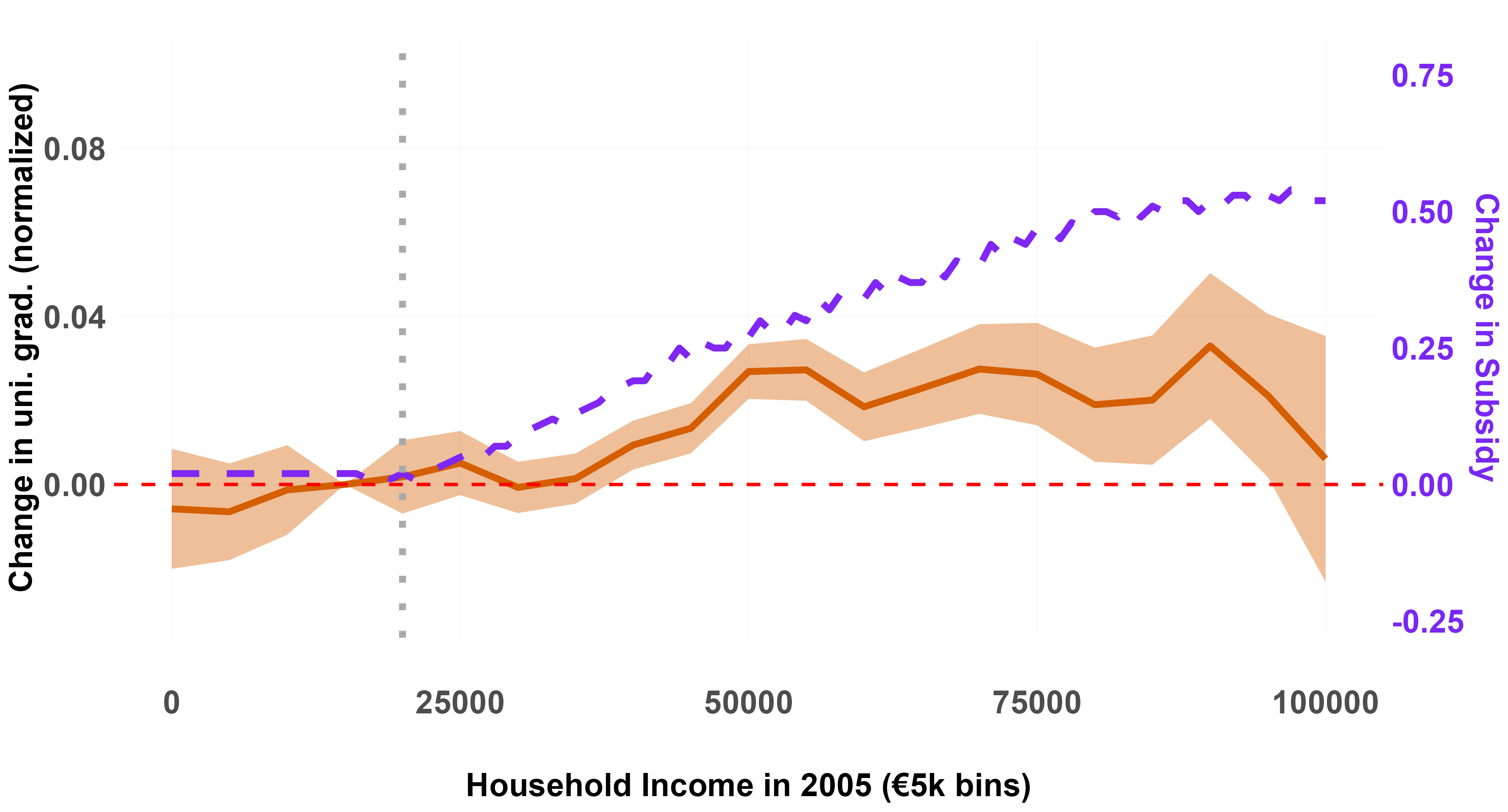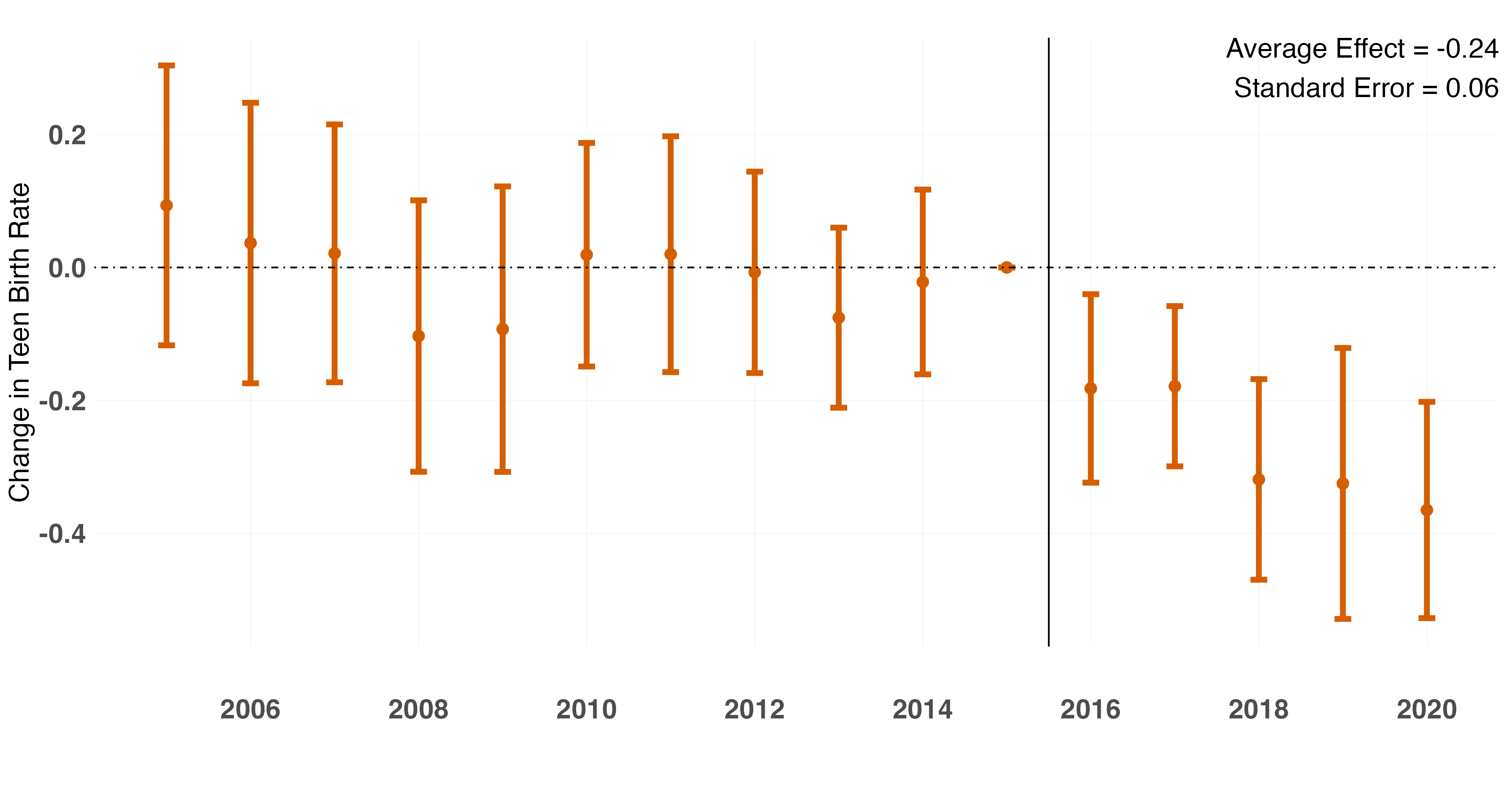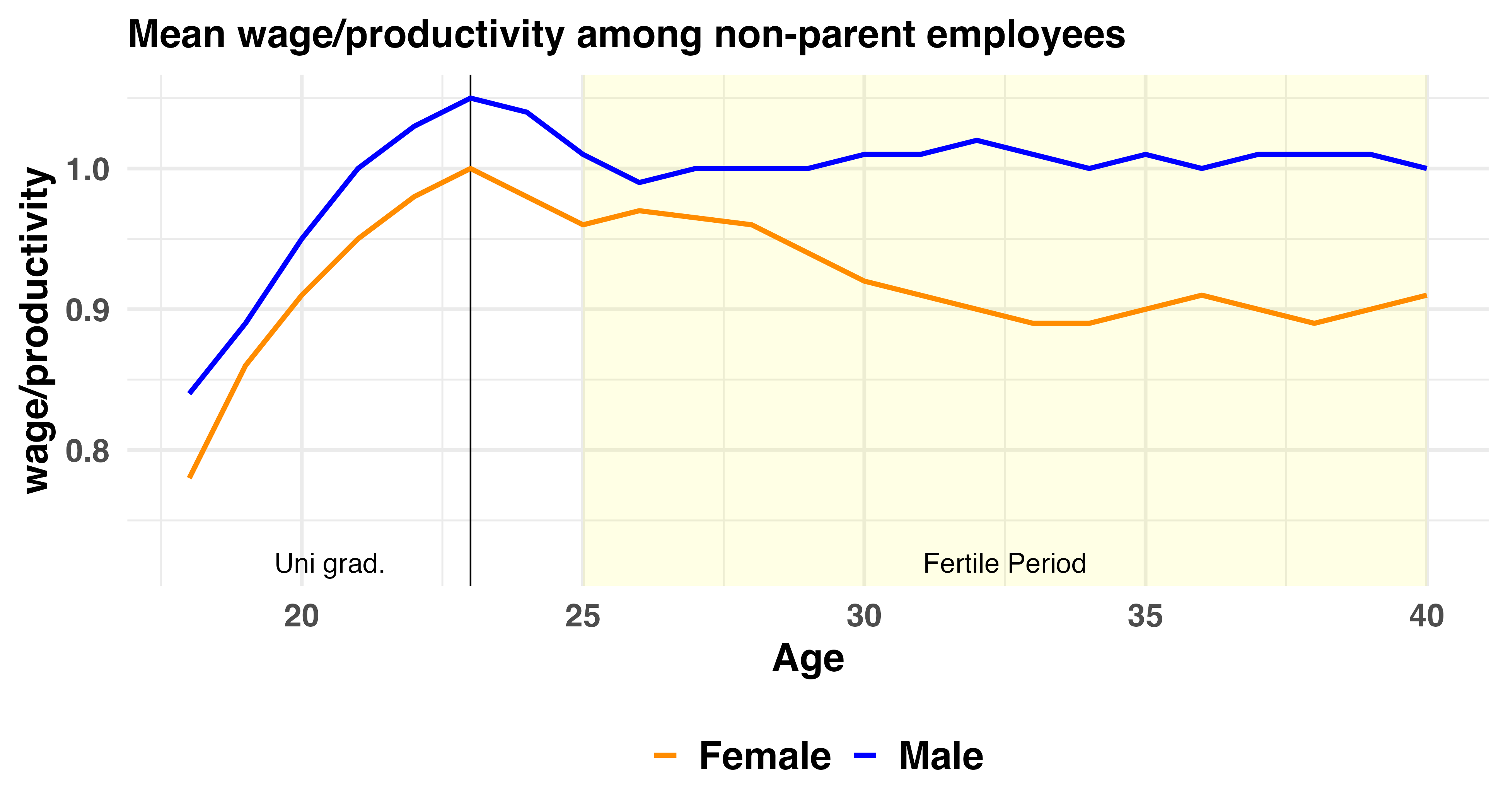The Long-term Effects of After-school Care

I investigate the long-term effects of after-school childcare on children's human capital investment. I exploit the timing and intensity of an after-school care reform in the Netherlands, and build a 20-year panel with administrative data to track affected cohorts from childhood through adulthood. I find that university graduation rates increased by 8%, with the strongest impact among students from less educated families. This effect stems from higher after-school care use rather than maternal employment responses, highlighting childhood environment as the key mechanism. I consider three potential channels: improved skills, stronger preferences for university, and shifting beliefs about returns to university. I find evidence supporting changes in preferences and beliefs as the main drivers, rather than skills. I show that the reform increased exposure to peers from high-SES families in after-school care, potentially driving these changes.
The Complementary Role of Information and Contraceptive Access in Teen Pregnancy
(R&R at Journal of Development Economics)

This paper investigates how information frictions affect the efficacy of contraception provision programs. We study a Costa-Rican initiative that aimed at reducing teenage pregnancies. The program combined free access to long-acting reversible contraceptives, eliciting baseline misperceptions about sexual health, and a tailored information campaign to correct for them. Exploiting the geographic variation in the initiative combined with administrative birth data, we find a 16% decrease in teen birth-rate. Using survey data on sexual behavior and beliefs, we show the policy changed the source of information from personal networks to healthcare professionals, which amends misinformation on sexual health and contraception use. The reduction in teen-birth is stronger in conservative districts, where restrictive social norms can explain teenagers' lower knowledge about sexual health, contributing to risky behaviors.


